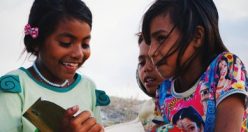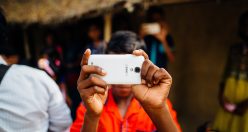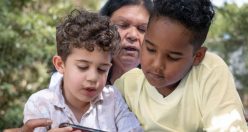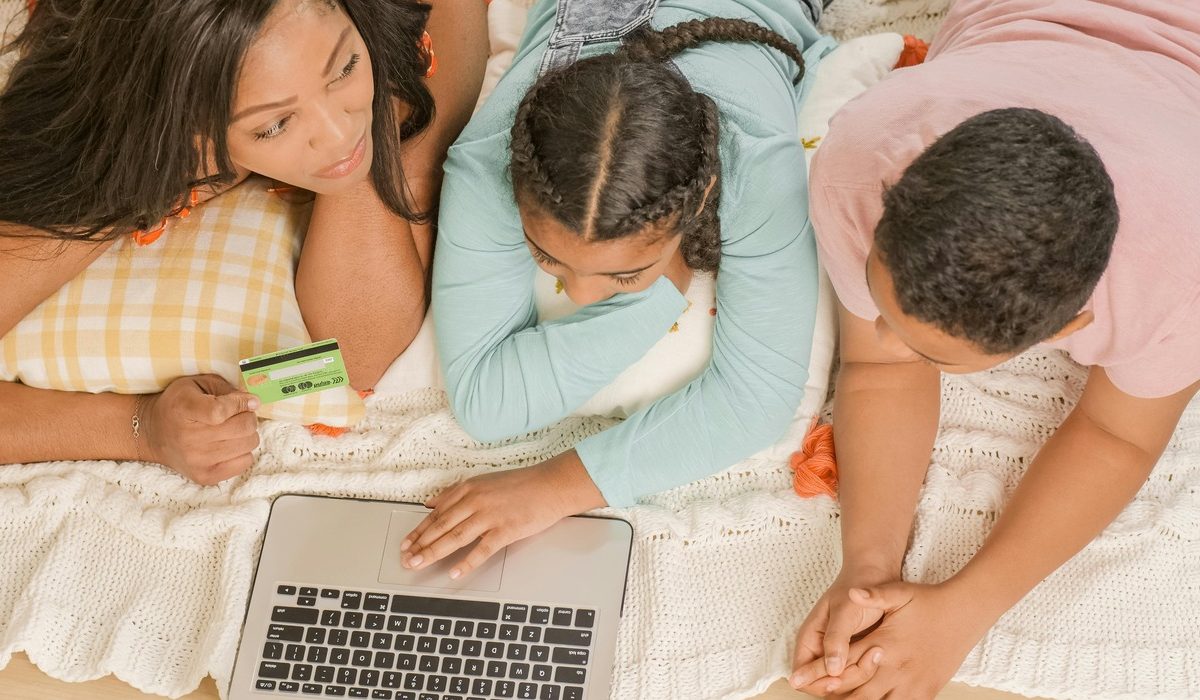This is a description of what you can expect to find within the Research updates section. This is a description of what you can expect to find within the Research updates section. This is a description of what you can expect to find within the Research updates section. This is a description of what you can expect to find within the Research updates section.
Search Global Kids Online
-

Rising risks reported by Latin American countries
28th August 2025
Three new Global Kids Online reports have just been launched by the LATAM network – in Argentina, Brazil, and Bolivia. The findings highlight today’s public policy dilemma: the more children gain internet access, the more societies can overcome forms of digital exclusion and inequality, but at the same time, the more children become exposed to online risks of harm.
-

Kazakhstan Kids Online
2nd December 2024
The Kazakhstan Kids Online study is a pioneering effort to deepen understanding of children’s use of digital technology in Kazakhstan. Conducted in 2023, this national research study engaged children, caregivers, and teachers and represents the latest addition to the Global Kids Online network. The study explores the extent and nature of children’s digital engagement, the opportunities and benefits the internet offers, children’s experiences of online risks and harms, and the strategies used to mitigate these. In doing so, the study contributes to fulfilling the mandate of the UNCRC General Comment No. 25 on children’s rights in the digital environment.
-

Unveiling digital disparities in Costa Rica
12th February 2024
The latest Global Kids Online survey was conducted in Costa Rica in 2023 and provides a revealing snapshot of the digital experiences of children in the country. The summary of preliminary findings from 1,200 children aged 9 to 17 years paints a nuanced picture of digital inequality, altered device usage patterns, and risky online experiences.
-

Hate messages and violent images online
12th January 2024
In an era where internet connectivity is rapidly expanding around the globe, our new research brief published by UNICEF Innocenti sheds light on the issue of children’s exposure to hate messages and violent images online. Efforts to mitigate exposure to such content are gaining momentum but the findings underscore the need for rapid changes that directly address the digital platforms where children encounter hate messages and violent images.
-

Children connected – new findings from Uruguay
9th January 2024
Global Kids Online Uruguay has released the findings from its new study on children’s internet use, based on an online school-based survey with 7,822 children aged between 9 and 17 years, as well as their parents/guardians and teachers. The findings show that children see the internet as a realm filled with possibilities and positive experiences, acknowledging the potential risks. Parents are more concerned about problematic usage and self-regulation.
-

The digital lives of Australia’s First Nations children
15th June 2023
A recent report by Australia’s eSafety Commissioner (eSafety) has found the internet plays a vital role in the lives of Aboriginal and Torres Strait Islander children, enabling them to form important cultural and social connections with friends and family. However, the report also shows that First Nations children are much more likely than the national average to have been treated in a hurtful or nasty way online, experiences that can lead to impaired mental health, perceived reputation damage and lower school performance.
Popular tags








